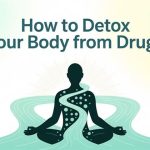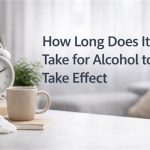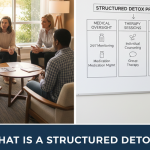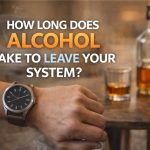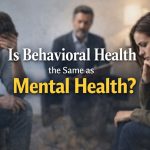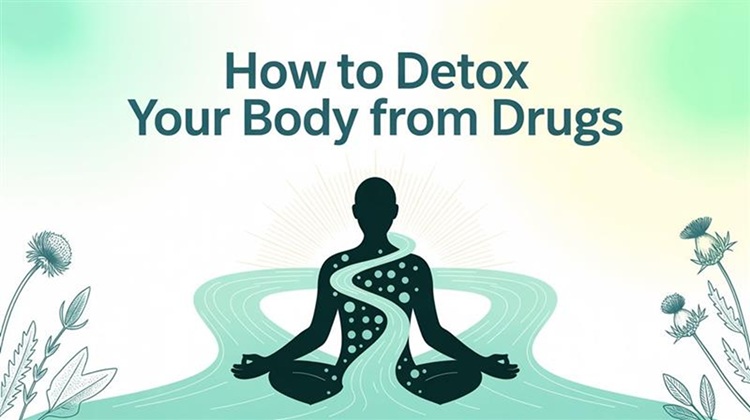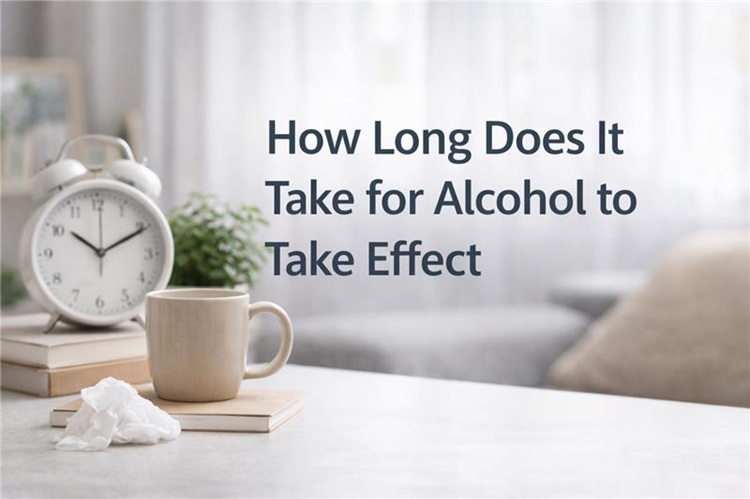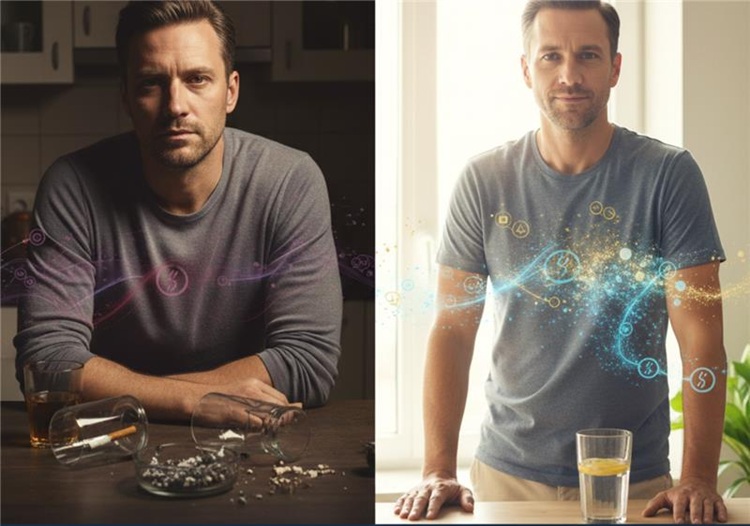Substance use disorder and addiction are terms that are used interchangeably, yet they do not necessarily mean the same thing. Calling a person who cannot stop using drugs or alcohol, and it costs him/her dearly, an addict, is a common term in common places. Substance use disorder (SUD) is also used in the medical and clinical world, though it is a more correct and diagnostic term.
Understanding the distinctions between substance use disorder vs addiction is essential for identifying the right addiction treatment and helping people access the most appropriate care. Our mission at DeLand Treatment Solutions is to demystify these terms and refer them to efficient, caring options of treatment, specific to their needs.
Drug Abuse and Alcohol Abuse
Drug and alcohol abuse form the basis of both addiction and substance use disorder; thus, before getting into the differences between the two, it is necessary to get insights into drug and alcohol abuse. Abuse takes place when an individual uses substances in a manner that is dangerous or harmful. This may include taking drugs or drinking alcohol:
- Too much and in unwanted proportions.
- More often than expected.
- When it is more dangerous (e.g. when driving).
- Despite the awareness of the damage it creates.
Substance abuse may mean binge drinking at weekends or using a prescription drug to feel high. Every abuse does not become an addiction or substance use disorder immediately, but frequent misuse predisposes them.
Drug and Alcohol Addiction
Addiction is regarded as the worst manifestation of substance use behavior. It is the mental and in many cases, the physical addiction towards a substance. The addicted persons are normally:
- Have withdrawal effects without the use of it
- Experience intense craving for the substance
- Put substance use first before relationships, work, and health
- Achieve tolerance, so that the same amount of the substance is needed to be affected similarly
Addiction transforms the rewarding system of the brain to an extent that the individual finds it hard to derive pleasure in doing normal things. It is a lifelong disorder that requires the attention of a professional at rehab centers to cope with.
100% Confidential Support is Available 24/7
No matter what you’re going through, you’re not alone. Our dedicated team is here to provide a safe, judgment-free space where you can talk openly and honestly. Whether you need emotional support, resources, or just someone to listen.
We’re here for you—completely confidential and always respectful of your privacy. Call us today!
Understanding the Difference Between Substance Abuse and Addiction
So, what sets substance use disorder vs addiction apart?
Medical Diagnosis vs Informal Term
The term addiction is not part of the standard diagnosis as recorded in the Diagnostic and Statistical Manual of Mental Disorders (DSM-5). In its place, substance use disorder is employed by DSM-5 to diagnose and characterize an assortment of bad substance-related behaviors, mild or severe. Addiction takes place at the end.
Spectrum of Severity
- The severity of the Substance Use Disorders is classified as mild, moderate, or severe, depending on the number of diagnostic criteria its patient meets.
- Addiction is usually categorized into the severe type where there are several conditions, including the lack of control, desire and engaging in the behavior, despite the consequences.
Physical and Psychological Dependence
An individual who has a substance use disorder does not have to rely physically on the substance. As an example, they may lack withdrawal symptoms, but at the same time, use the substance in a harmful manner. A drug addict, in turn, nearly always develops physical and psychological dependence.
Stigma and Language Use
The term addiction has greater social stigma compared to the term substance use disorder. Since SUD has become less stigmatizing and helps professionals adopt a more humanistic and scientific attitude to treatment, medical professionals now tend to embrace it. At DeLand Treatment Solutions, we promote the dignity and recovery aspects by treating our clients as people (person-first language, e.g., a person with a substance use disorder instead of addict).
Treatment Needs
- The person who experiences mild substance use disorder can be helped with brief interventions, outpatient treatment, or making lifestyle changes.
- The addicted patients or those having a severe SUD normally require a more rigorous, structured care involving detox, inpatient, and long-term outpatient addiction centers.
Deland Treatment Solutions
Battling with Drug and Alcohol Addition? Remember, you are not alone and we are here to help you!
Substance Use Disorder Treatment at DeLand Treatment Solutions
It does not matter who is closer to having a substance use disorder or addiction; there is help to be found. In DeLand Treatment Solutions, we have licensed clinicians who provide evidence-based services to all levels of SUD. Our services are:
Is unable to quit using the substance even after trying to do so. Cannot stop using the substance despite efforts to quit
Thorough intake evaluations to help identify the amount of care
Safe detoxification with medical management, Medical detoxification
Partial hospitalization Programs (PHP) and intensive outpatient Programs (IOP)
One-on-one and group therapy
Medication-Assisted Treatment (MAT)
Relapse prevention planning. According to the therapists recording the proceedings of the interviews, the therapists left unmentioned during the interview the planning of aftercare to ensure that the individual does not relapse.

Conclusion
Although addiction and substance use disorder are very similar, the difference between the two can be significant in the effort to get the appropriate type of help. The disorders vary in severity and thus require various methods of treatment, where addiction is usually a chronic illness that is severe and requires intensive and long-term interventions.
Whether you or a person you love is facing some abuse of a substance or persistent substance addiction, contact DeLand Treatment Solutions. Our caring staff is ready to assist you in searching for a way to permanent healing. Contact us at (386) 866-8689 today or visit our center and start your recovery process.






